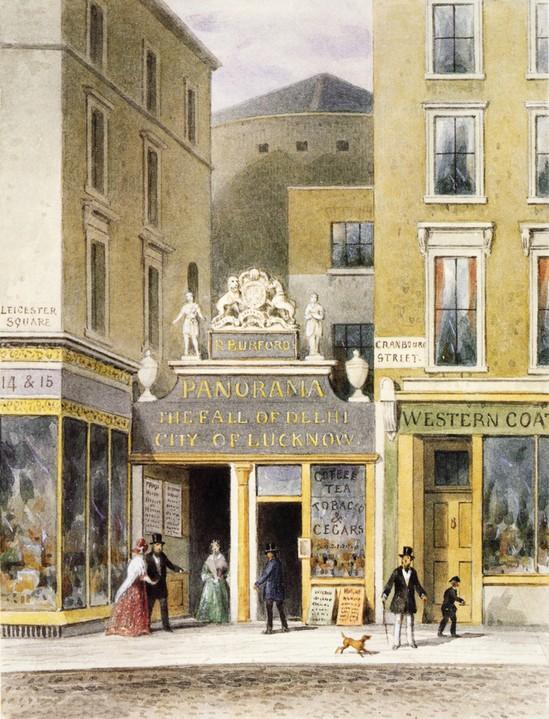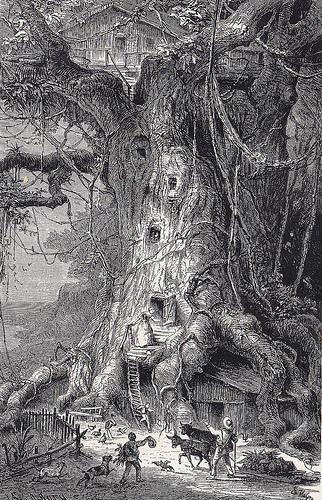The Moonlight Sonata
One of the most recognizable pieces of music from Jane Austen's era is surely, The Moonlight Sonata. A supremely romantic piece, it's emotional depth and complexity would no doubt have appealed to Austen's most musical heroine, Marianne Dashwood.

The Piano Sonata No. 14 in C-sharp minor "Quasi una fantasia", Op. 27, No. 2, popularly known as the Moonlight Sonata, is a piano sonata by Ludwig van Beethoven. Completed in 1801 and dedicated in 1802 to his pupil, Countess Giulietta Guicciardi, it is one of Beethoven's most popular compositions for the piano.  The first edition of the score is headed Sonata quasi una fantasia, a title this work shares with its companion piece, Op. 27, No. 1. Grove Music Online translates the Italian title as "sonata in the manner of a fantasy". (Directly translated "sonata almost a fantasy"). The name "Moonlight Sonata" has its origins in remarks by the German music critic and poet Ludwig Rellstab. In 1832, five years after Beethoven's death, Rellstab likened the effect of the first movement to that of moonlight shining upon Lake Lucerne. Within ten years, the name "Moonlight Sonata" ("Mondscheinsonate" in German) was being used in German and English publications. Later in the nineteenth century, the sonata was universally known by that name. Many critics have objected to the subjective, Romantic nature of the title "Moonlight", which has at times been called "a misleading approach to a movement with almost the character of a funeral march" and "absurd". Other critics have approved of the sobriquet, finding it evocative or in line with their own associations with the work. Gramophone founder Compton Mackenzie found the title "harmless", remarking that "it is silly for austere critics to work themselves up into a state of almost hysterical rage with poor Rellstab", and adding, "what these austere critics fail to grasp is that unless the general public had responded to the suggestion of moonlight in this music Rellstab's remark would long ago have been forgotten."
The first edition of the score is headed Sonata quasi una fantasia, a title this work shares with its companion piece, Op. 27, No. 1. Grove Music Online translates the Italian title as "sonata in the manner of a fantasy". (Directly translated "sonata almost a fantasy"). The name "Moonlight Sonata" has its origins in remarks by the German music critic and poet Ludwig Rellstab. In 1832, five years after Beethoven's death, Rellstab likened the effect of the first movement to that of moonlight shining upon Lake Lucerne. Within ten years, the name "Moonlight Sonata" ("Mondscheinsonate" in German) was being used in German and English publications. Later in the nineteenth century, the sonata was universally known by that name. Many critics have objected to the subjective, Romantic nature of the title "Moonlight", which has at times been called "a misleading approach to a movement with almost the character of a funeral march" and "absurd". Other critics have approved of the sobriquet, finding it evocative or in line with their own associations with the work. Gramophone founder Compton Mackenzie found the title "harmless", remarking that "it is silly for austere critics to work themselves up into a state of almost hysterical rage with poor Rellstab", and adding, "what these austere critics fail to grasp is that unless the general public had responded to the suggestion of moonlight in this music Rellstab's remark would long ago have been forgotten."
Giulietta has long been held up as a possible recipient of Beethoven's famous "Immortal Beloved" (German "Unsterbliche Geliebte") love letter, written on 6–7 July 1812 in Teplitz. The apparently unsent letter was found in the composer's estate after his death, after which it remained in the hands of Anton Schindler until his death, was subsequently willed to his sister, and was sold by her in 1880 to the Berlin State Library, where it remains today. The letter is written in pencil and consists of three parts. Since Beethoven did not specify a year, nor a location, an exact dating of the letter and identification of the addressee was speculative until the 1950s, when an analysis of the paper's watermark yielded the year, and by extension the place. Scholars have since this time been divided on the intended recipient of the Immortal Beloved letter. The two candidates favored by most contemporary scholars are Antonie Brentano and Josephine Brunsvik. Other candidates who have been conjectured, with various degrees of mainstream scholarly support, are Therese Malfatti, Anna-Marie Erdödy, and Bettina Brentano.
If you don't want to miss a beat when it comes to Jane Austen, make sure you are signed up to the Jane Austen newsletter for exclusive updates and discounts from our Online Gift Shop.



Leave a comment
This site is protected by hCaptcha and the hCaptcha Privacy Policy and Terms of Service apply.